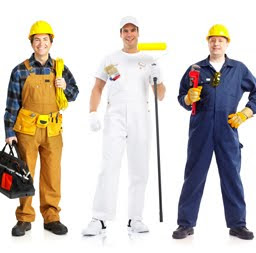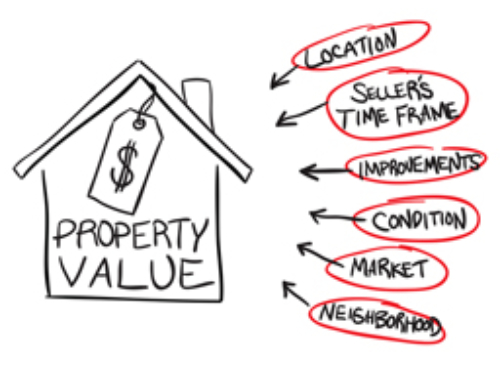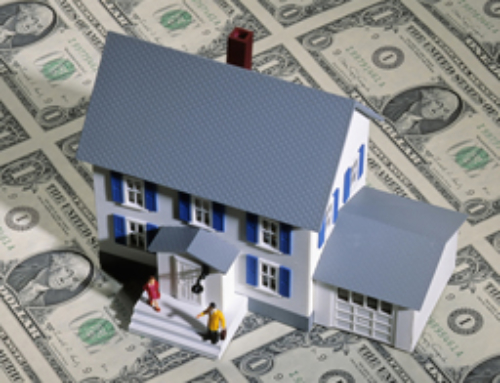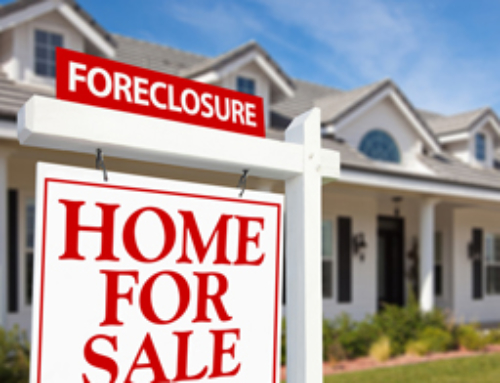 Buying a New Home? Here Are 5 Things Your Builder Won’t Tell You
Buying a New Home? Here Are 5 Things Your Builder Won’t Tell You
There are plenty of new homes to buy these days. In fact, depending on the city where you live, there may be years’ worth of new homes for sale.
Many developers have gone bankrupt during these last few years, and their subdivisions, buildings, and planned unit developments (PUDs) have been foreclosed on by the bank. The lenders have turned around and lowered prices, sometimes by more than half, in an effort to sell the properties and recoup some or all of their investment.
But low prices don’t tell the entire story. These days, you have to be careful when buying new construction. You have to check to be sure that the developer has plenty of cash on hand and that the development itself isn’t tight on money.
Remember, if the developer goes belly-up before the development is sold out, you run the risk that the bank will sell a portion of the development to a developer who will put up less expensive homes, cutting your future appreciation and perhaps depreciating your property from the price you paid.
Here are five things your builder won’t tell you:
- If I don’t sell to you, I might run out of cash. The developer might promise you an amazing deal. But what he won’t tell you is the company is short on funds to get the project completed. Every year that the developer has to carry an unfinished subdivision is profit that comes straight out of his pocket. The way new construction works, developers pay about one-third of the purchase price for the land (and other streetscape improvements, like roads, lights, and sewers) and carrying costs and one-third for construction costs, and the final third is profit. But if the developer has to carry the property for two extra years before selling it, his profit might evaporate. That makes the developer desperate to offer you a great deal (good for you now), but they might have been skimping on everything else (bad for you down the line).
- You may have trouble financing your property. Before you make your offer, ask to meet with the head of the homeowner’s association. Ask for the homeowner’s association’s books, rules, and regulations. Find out how many units are sold and, of those, how many homeowners are behind in paying their monthly homeowner’s association dues. You don’t want to buy into a community where homeowners are already behind in paying dues, or you may have trouble financing your property.
- Your future neighbors can tell you whether I’m good at building homes. One of the best ways to find out if a developer’s homes stand the test of time is to chat with people who live in houses he has already completed. You’ll want to ask them how happy they are with the quality of the construction and if they have noticed any problems with the property. You should also knock on doors in a subdivision the developer finished four or five years ago to find out how those homes are holding up. This is also a great time to ask homeowners whether the developer stands behind his product, what kind of warranty is provided, and whether the builder comes back to fix things that go wrong.
- It’s easy to spend more than you should on options and extras. Four or five years ago, new home buyers were spending anywhere from 10 to 50 percent of the purchase price of the property on options and extras, like upgraded tile and carpet, extra bedrooms, and a third or fourth garage bay. While buyers had to pay for those options and upgrades up front, and in cash, lenders would often fund those goodies because buyers would get a larger loan with a smaller down payment. While there is no official rule of thumb for how much you should spend on options and upgrades, you can look at what your neighbors have done. You don’t want to spend so much you wind up owning the most expensive and upgraded house on the block. Figure out what your budget is ahead of time, and then choose the options that will add the most value long term.
- Your property may not appraise out. Before you sign the application to purchase the property, count the foreclosures in the subdivision. If there are more than a few, they could drag down the true value of your home so that it is worth less than what you’re prepared to pay for it. These days, appraisers and lenders are taking a very hard look at subdivisions, and if your home is priced higher than they think it’s really worth, you may not qualify for financing. And if you’ve prepaid for your options and upgrades? Too bad. If you can’t close, that’s money down the drain.
 Ilyce R. Glink is the author of several books, including 100 Questions Every First-Time Home Buyer Should Ask and Buy, Close, Move In!. She blogs about money and real estate at ThinkGlink.com and at the Home Equity blog for CBS MoneyWatch.
Ilyce R. Glink is the author of several books, including 100 Questions Every First-Time Home Buyer Should Ask and Buy, Close, Move In!. She blogs about money and real estate at ThinkGlink.com and at the Home Equity blog for CBS MoneyWatch.
READ MORE:
Want to Buy a New House? Beware Developers Hawking Empty Subdivisions
Is It Worth It to Appeal Your Property Taxes?
Should I Refinance Now?
Renting vs. Owning Property: How to Make the Call?






